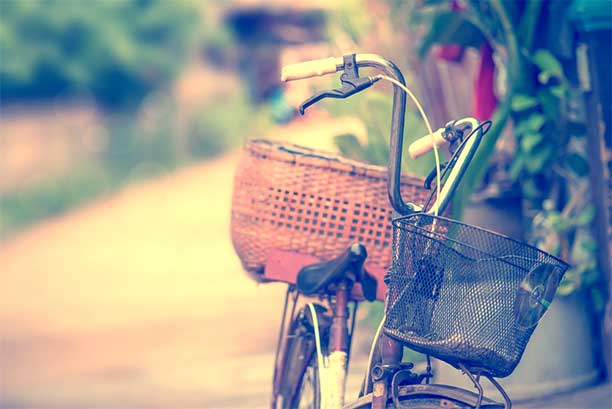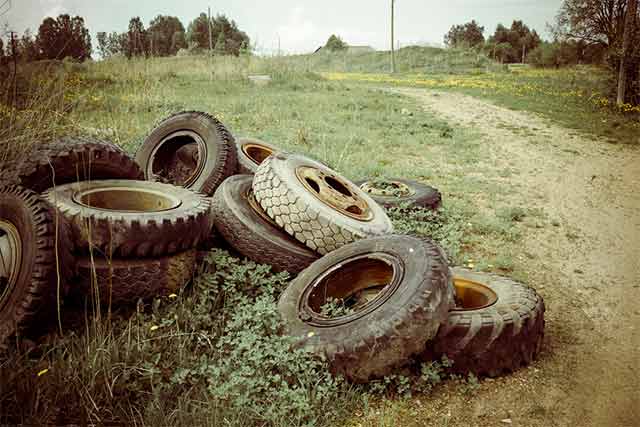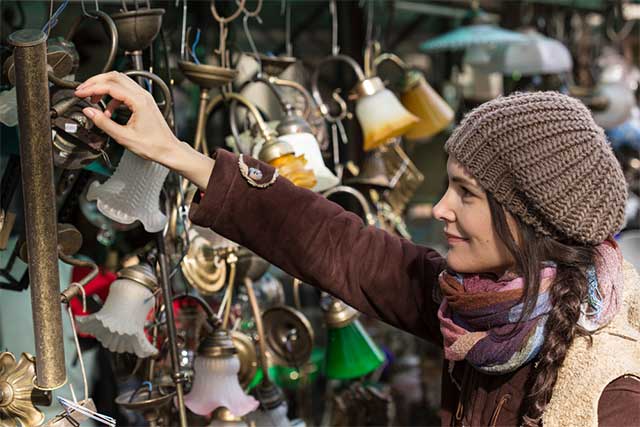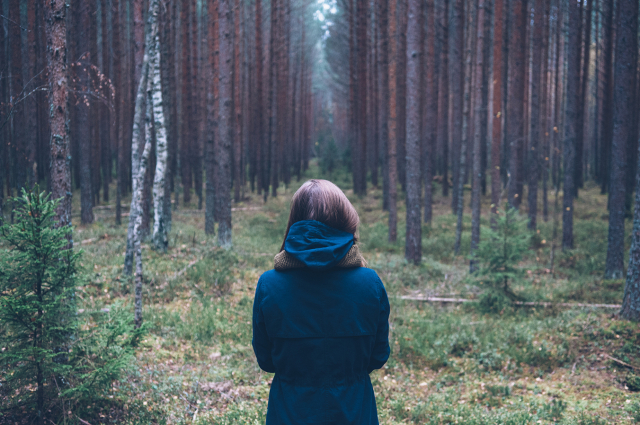We are all connected to each other, just as we are connected to every blade of grass, every beetle, every brook and stream. There are so many things you can do to recognize your connection to the world around you. Here are a few favorites.
Consume Food Mindfully
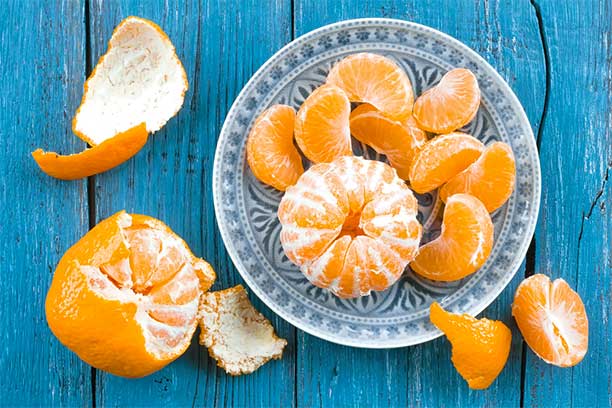 Remember that eating less (or no) animal protein is the one thing you can do that will have the greatest impact on the planet. It requires more than ten times the amount of fossil fuels to produce a calorie of meat than it does a calorie of plant protein, and almost half of water used in the US is consumed by the animal agriculture industry. In fact, you can save more water foregoing a one-pound steak than you would skipping showers for six months. The animal agriculture industry has taken its toll on the planet, and the only way that will change is if the demand for meat, dairy and eggs drops. It begins with you.
Remember that eating less (or no) animal protein is the one thing you can do that will have the greatest impact on the planet. It requires more than ten times the amount of fossil fuels to produce a calorie of meat than it does a calorie of plant protein, and almost half of water used in the US is consumed by the animal agriculture industry. In fact, you can save more water foregoing a one-pound steak than you would skipping showers for six months. The animal agriculture industry has taken its toll on the planet, and the only way that will change is if the demand for meat, dairy and eggs drops. It begins with you.
Grow and preserve as much of your own food as you can, and make sure what you don’t produce yourself wasn’t grown in chemically fertilized soil and sprayed with pesticides. Buy in-season produce from local farms and CSAs. Stay away from processed foods (even the organic vegan ones), and eat out less frequently. The earth will thank you.
Conserve Energy
If you can, walk or bicycle to work at least one day a week. Choose public transportation over a private car whenever possible, and combine errands so you make as few trips as necessary. Keep the temperature in your house low in the winter and high in the summer – or turn off the heat or air conditioning, altogether, and dress accordingly. Dressing for the season is one of the easiest and cheapest ways to conserve energy at home.
Reuse, Repurpose, Recycle
We’ve all heard it before, but many of us simply don’t spend the time and effort it requires. If you can use an item again or turn it into something altogether different, do so! Glass jars make wonderful food storage containers or pencil holders. Plastic baggies can be rinsed out and used again. Kitchen scraps become nourishing compost. A favorite illustration can be cut from an old book to frame and hang on the wall. Old tires make wonderful swings. Paper sacks become fun wrapping paper or book covers just waiting for doodlers.
And, if an item has reached the end of its usefulness, recycle it. Some cities have simple, no-sort recycling programs that make it easy. You just throw everything into one bin and set it all at the curb. In other cities, you have to sort aluminum from tin from glass from plastic from paper and drive it all to a central facility. Though it can be a bit more burdensome, being in charge of sorting recycling can become a delightful activity for little ones. It’s real and necessary work, and it’s a good way to learn about the impact of our consumer society on the planet.
Buy Used
If you need to purchase a non-consumable item, buy it used: kitchen pots and utensils, clothing, shoes, home decor, office supplies, books, tools, linens, furniture – you name it. Most anything can easily be found used at thrift stores, garage sales, online classifieds (such as Craigsist) or by asking friends and neighbors.
Savor the World Around You
Relating deeply to nature is a profound and crucial human desire, one that modern living has all but forgotten. Try to spend some time each day sitting in the grass, walking beside a brook, cloud watching, searching out the perfect stone for your pocket, looking at the sky through the leaves of a tree, packing the consummate snowball, or contemplating the moss growing beneath your feet.

